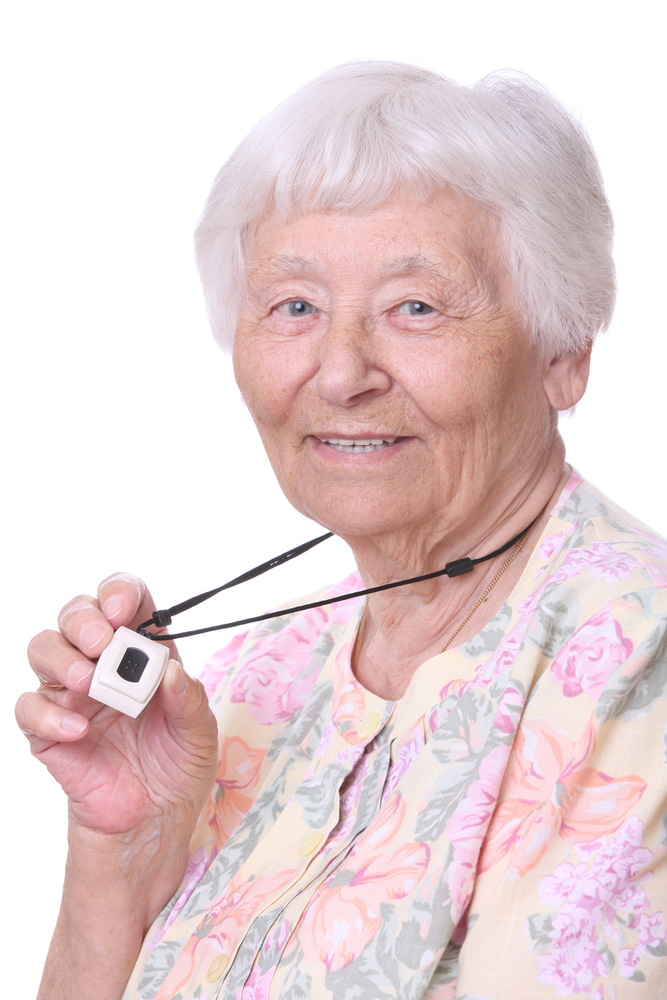In the realm of elderly care, the integration of technology is reshaping how we approach the well-being and comfort of seniors. This shift towards tech-enabled care solutions is driven by the ever-growing elderly population and the quest for more effective care methods. Wearable technology like smartwatches and fitness trackers are at the forefront, offering constant health monitoring by keeping track of vital signs such as heart rate, blood pressure, and sleep patterns. This enables early detection and intervention for various health issues.
Another crucial innovation in this field is the Personal Emergency Response Systems (PERS). These devices are vital for elderly individuals, especially those living alone, as they provide a direct line to caregivers or emergency services in the event of a fall or other urgent situations. Medication management, a common challenge for many seniors, is being revolutionized by smart pill dispensers and reminder applications that ensure timely and accurate medication intake.
The rise of telehealth has also been transformative, particularly highlighted during the COVID-19 pandemic. Virtual consultations have become more common, allowing elderly patients to access healthcare from their homes, minimizing the need for physical hospital visits. This not only makes healthcare more accessible but also reduces the exposure to potential health risks in clinical environments.

Technology is not just about health monitoring and emergency responses; it also plays a significant role in enhancing the quality of life for the elderly. Digital platforms and social media are key tools for maintaining social connections, helping to combat loneliness and isolation, which are common issues among the elderly. Online games and learning platforms provide cognitive stimulation, which is crucial for mental health and well-being. Additionally, advancements in smart home technologies, like stairlifts and voice-activated devices, are enabling seniors to maintain their independence and mobility, contributing to a better quality of life.
However, the integration of technology in elderly care is not without challenges. The digital divide is a significant issue, with some seniors lacking access to or familiarity with modern technology. There are also concerns about privacy and the security of personal health data. As we move forward, the future of elderly care looks bright with potential advancements in AI and robotics. Robots could assist in daily tasks, provide companionship, and aid in physical therapy, while AI-driven predictive analytics could revolutionize preventive care.

In conclusion, the integration of technology into elderly care holds the promise of enhancing life quality for seniors, making care more efficient, and potentially transforming the landscape of elderly care. Embracing these technological advancements is key to ensuring a dignified, comfortable, and better life for the elderly.

